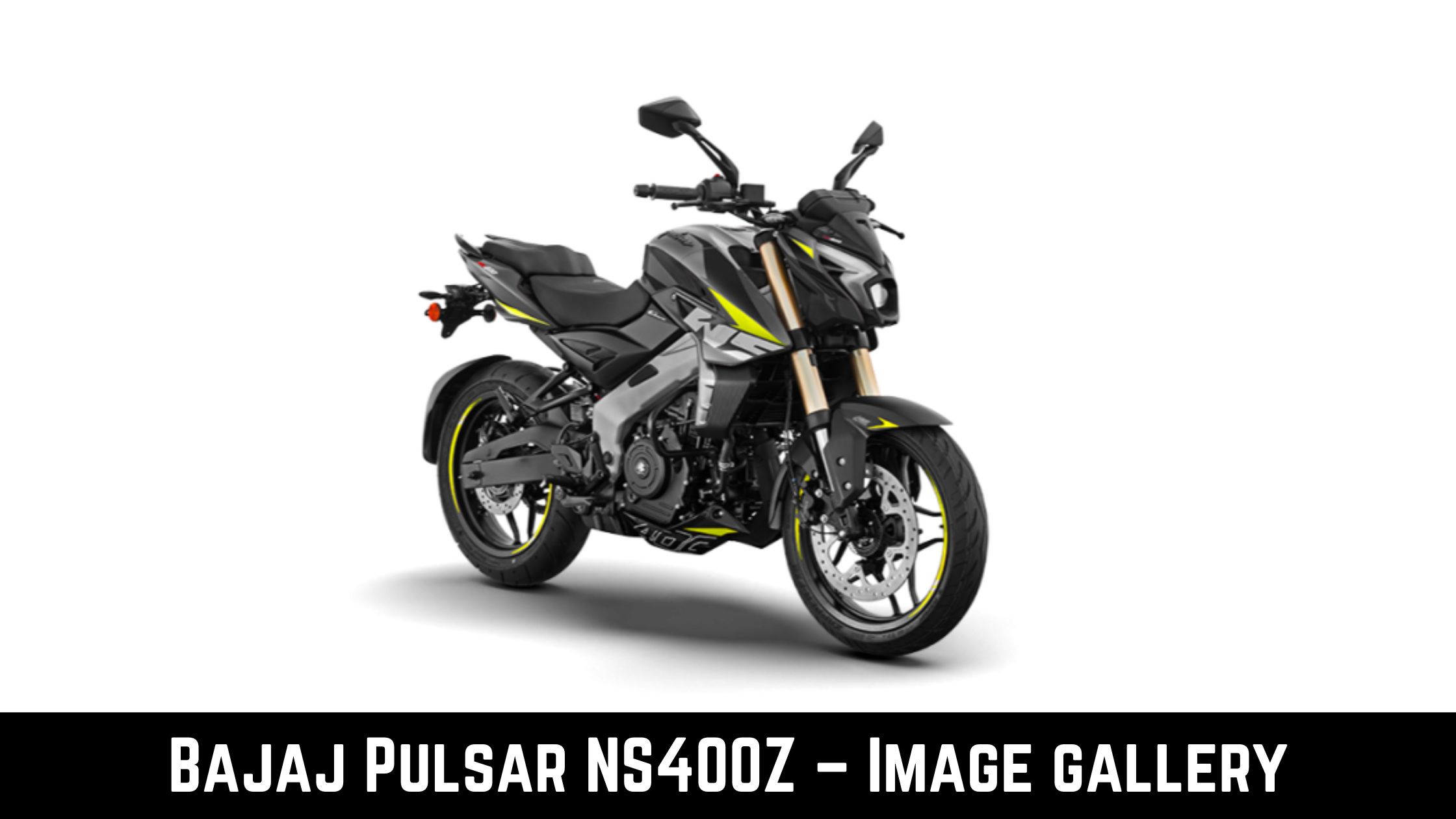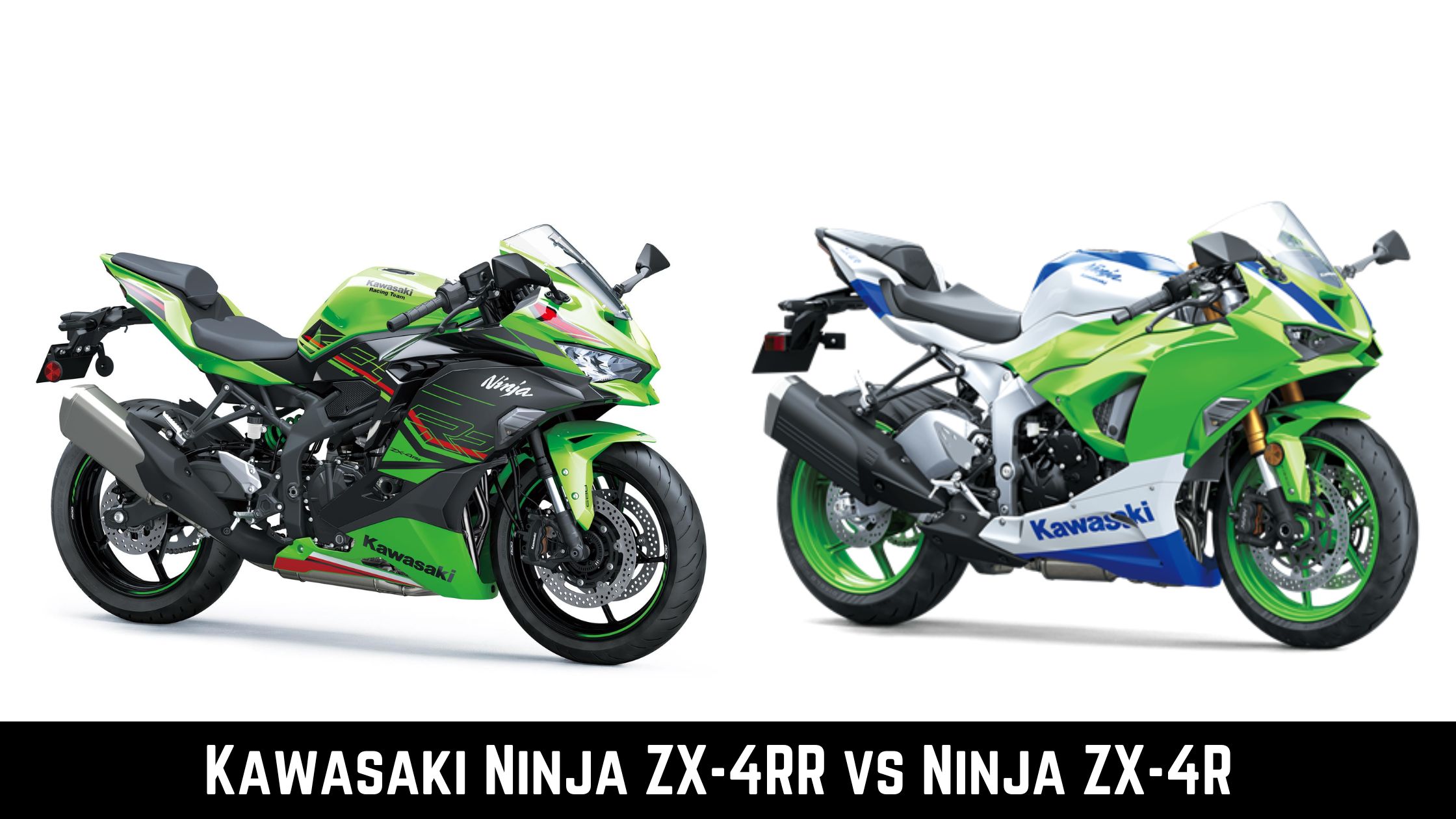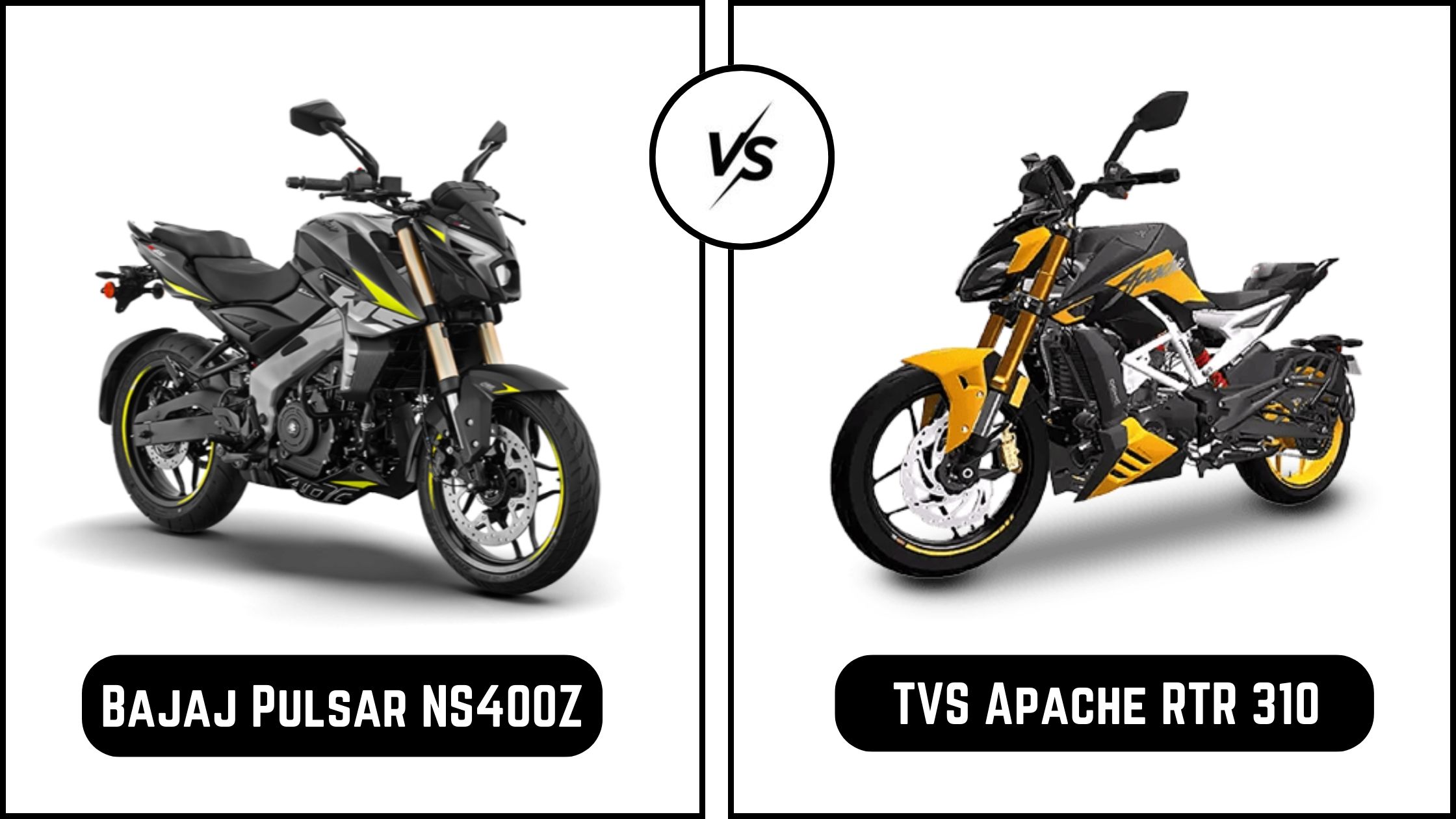
The Indian government has completed an excellent process of developing comprehensive guidelines to facilitate the transition to EVs easier and faster. More prominent acclimations are likely to return in the near future. As electric bikes and scooters become the preferred alternative for each user, understanding RTO rules and requirements for the equivalent is crucial. The regulations and criteria for electric bicycles and bikes differ from those for conventional vehicles. As a result, it is possible to recall all of the rules and principles quickly.
Although the government has written all of the laws for electric scooters and bikes in an easy-to-understand manner, it also aids in advancing battery-powered vehicles over traditional cars. In addition, we addressed all RTO rules for electric scooters and electric bikes that one should be aware of before buying any type of motorcycles.
Each E-vehicle in India must be endorsed by the ARAI (Automotive Research Association of India), even though E-bikes are exempt from the CMVR testing requirements. Such approval procedures are not required. Only robust cars require extensive testing. Electric vehicles are classified as electric if they have electric bike motors that produce a force of less than 250W and a top speed of less than 25kmph. Electric motorcycles are exempt from automobile regulations such as insurance, registration, and taxes.
RTO Rules For Electric Scooters and Electric Bike
Ev Bikes And Scooters Require A Driver’s License
To operate an electric vehicle, you must have a valid driving license, like any other gasoline vehicle. Driving your electric bike or bike on the streets without a legal permit is illegal. Similarly, your insurance company will not compensate you if you have an accident or inflict any injury while out and about without a proper license.
In 2019, over 45k incidents occurred in India where the motorist did not have a valid driving license. In India, the government determines the driving age for any motorcycle or bike to be 18. Youths between 16 and 18 can ride non-engine and gearless bikes. The bulk of the e-bikes we see on the road fall under this category, with power under 250W and a top speed of 25kmph.
Insurance For Electric Bikes and Scooters
Before purchasing any electric bikes or scooters, it is unquestionably necessary to obtain the necessary information on license and insurance. For more assistance, read electric motorcycle buying guide. Most people ride electric bikes without legal insurance, resulting in complications. Electrical vehicles with top speeds of up to 25kmph may cause accidents or damages if not driven properly, so a valid insurance contract is required to cover the damage; otherwise, the rider must bear the cost.
A comprehensive insurance contract is preferable to any outside protection plan for electric bikes. An insurance contract is required for every e-bike with a speed of more than 25 kmph and a power limit of more than 250kW.
Third-party protection for any e-bike or bike would cost between Rs 1K to 3K, depending on the motor limit and coverage. The extensive approach would cost between 4.5k and 6k, depending on the type of e-vehicle and inclusion. Comprehensive two-wheeler insurance covers the cost of replacing a stolen vehicle. Regardless, the driver must have a valid driving license to ensure the driver’s safety. E-bikes with a speed of less than 25kmph and a force of less than 250W are not required to be insured; nevertheless, if you want to protect your bike, you can choose any insurance package.
Number Plates For Electric Vehicles
According to the Central Motor Vehicle Rules, 1989, every enrolled vehicle must have a High-Security Registration Plate (HSRP) after April 1, 2019. This HSRP is only supplied by government personnel, which aids in preventing robbery and releasing the data set from automobiles. Different types of vehicle number plates are issued to different types of vehicles.
- Private ICE vehicles may have a number plate with a white backdrop and dark text.
- Commercial ICE vehicles may have a number plate with a yellow backdrop and dark text.
- Rental ICE vehicles with dark backgrounds and yellow inscriptions are permitted.
- Private EVs may have green backgrounds with white text on the license plate.
- For corporate EVs, green backgrounds with yellow inscriptions on the license plate are permitted.
- Electric vehicles with less than 250W power and a top speed of 25kmph do not require RTO registration or HSRPs.
Road Tax And EV Registration In India
Road tax is a technique through which the state government recovers the cost of developing streets and interstates. Each state imposes its own road tax. The Ministry of Road Transport and Highways (MoRTH) suggested in February 2020 that electric vehicles do not need to pay any money for registration in India. Because several states have previously delayed the EV registration fee, this proposal will benefit EV customers across the country. This advancement is intended to improve the country’s e-portability.
There is a great future for the electric bike industry in India as the Indian ministry has now made it clear that by 2030, they want at least 7 million EVs on their highways. Although it seems to be a difficult task, India will have to work hard to accomplish it.



